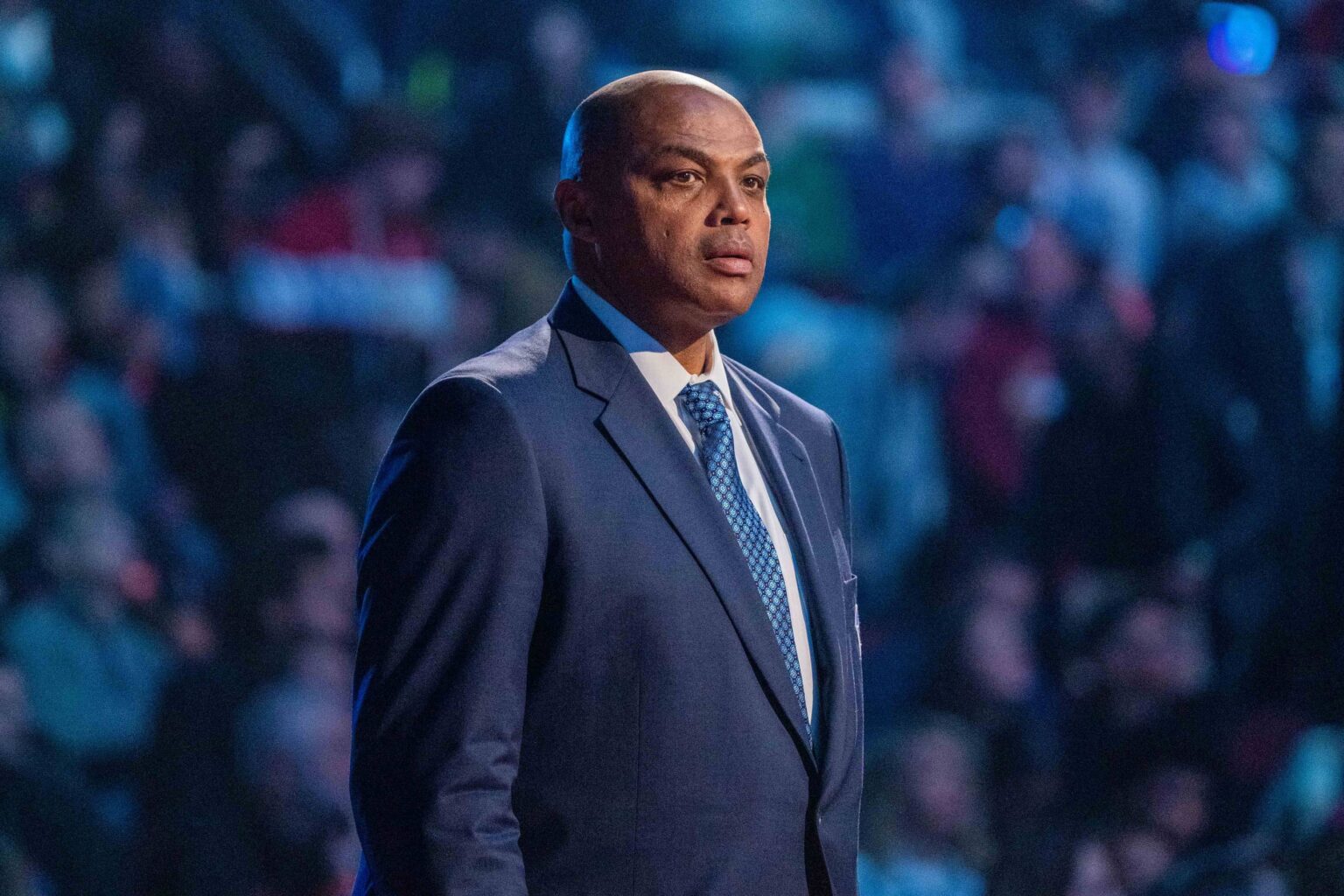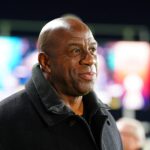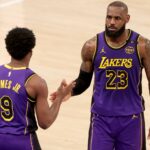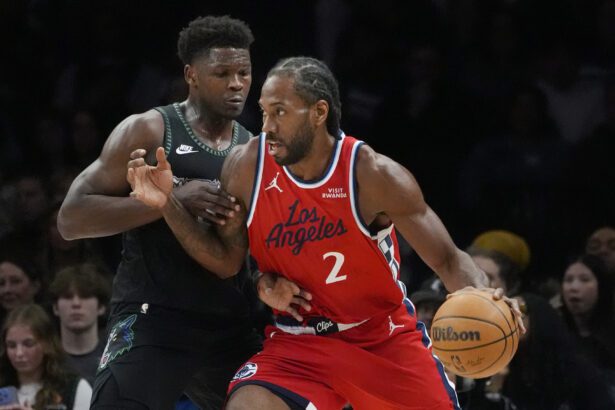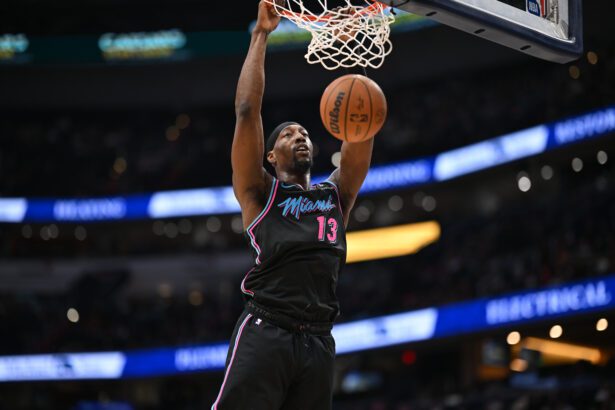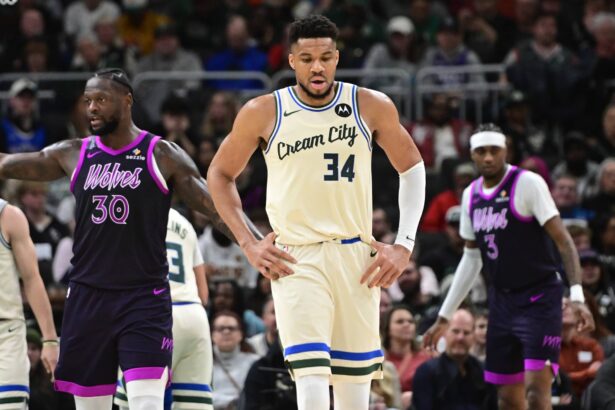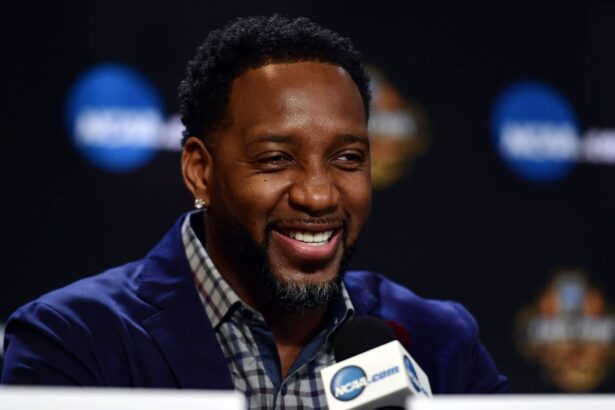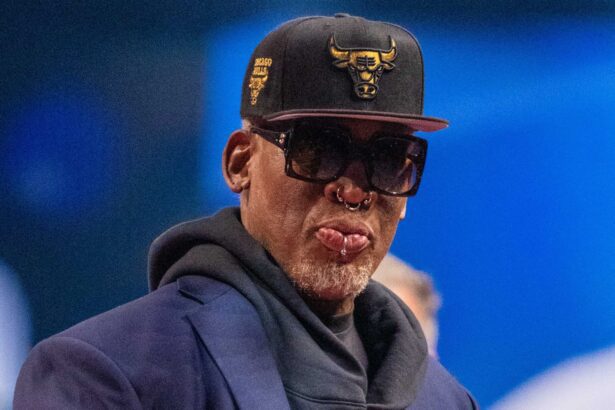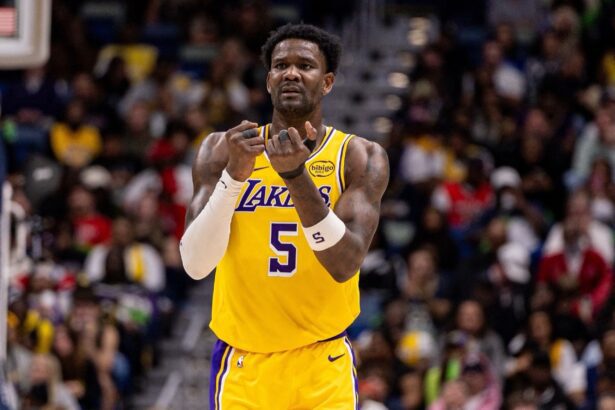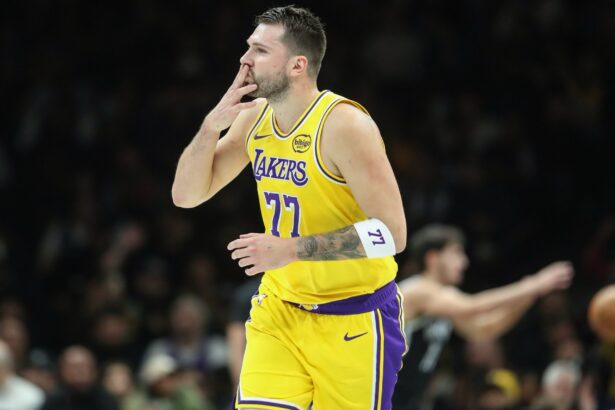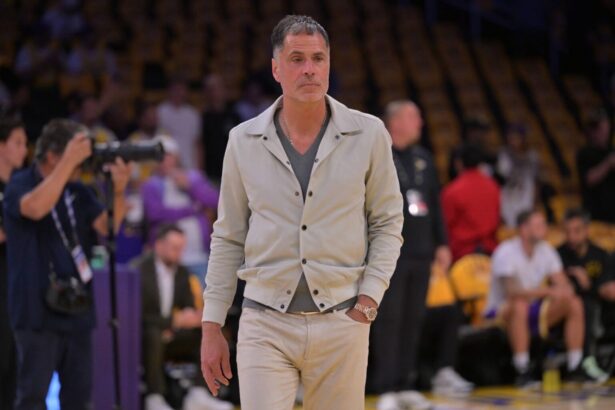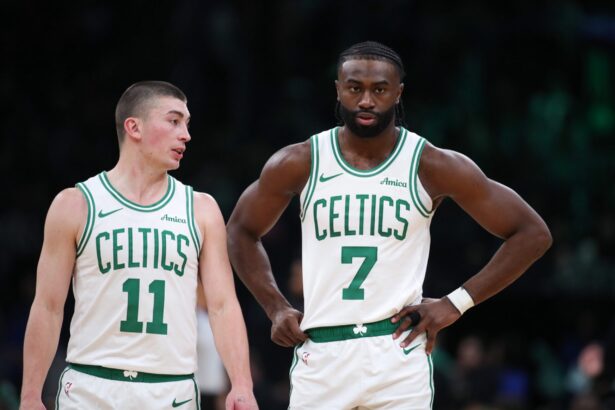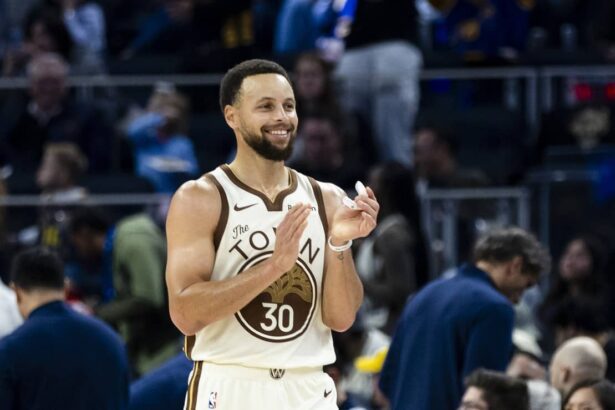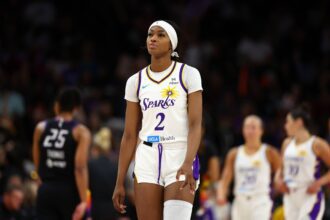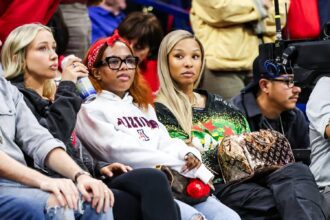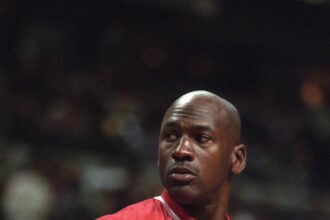Charles Barkley has never been one to shy away from controversy, and now the Hall of Famer is turning his focus to what he sees as a deeply flawed system at the heart of college sports: the NIL (Name, Image, and Likeness) model.
During a recent appearance on the Pardon My Take podcast, Barkley didn’t hold back in calling the current NIL environment an “unsustainable business model” that could soon collapse under its own weight.
“I would’ve made a lot,” Barkley said when asked how much money he could’ve earned if NIL existed during his days at Auburn.
“I would’ve made a lot. But you know what? They’ve got to fix this system, it’s completely out of whack and out of control right now. It’s an unsustainable business model to keep begging donors like myself for millions every year.”
“I love my college, but I’m not going to go broke giving them money annually. Paying kids $20 to $30 million a year, there’s no business that can function like that. I’m not against players making money.”
“Whether it’s the NBA or college, more power to them. But the current college model, where players are just handed tens of millions, that’s not sustainable.”
The numbers back his frustration. Some of the top NIL-earning athletes in college sports today are making more than seasoned professionals. Arch Manning, the Texas Longhorns quarterback and nephew of Peyton and Eli Manning, has an estimated NIL valuation of $6.8 million.
Bronny James, son of LeBron James, reportedly holds NIL earnings valued at around $7.2 million. Meanwhile, Shedeur Sanders, son of Colorado head coach Deion Sanders, has pulled in an estimated $4.1 million.
While Barkley made it clear that he’s not against athletes getting paid, he emphasized that the current system of unregulated millions being handed out to college athletes isn’t sustainable long-term.
Barkley’s comments come amid a broader national conversation around NIL reform, one that has now reached the highest levels of government.
On July 24, 2025, President Donald Trump issued an executive order titled “Saving College Sports” that seeks to rein in the burgeoning chaos in college athletics created by unregulated NIL (name, image, likeness) compensation. The order prohibits third‑party “pay‑for‑play” payments to athletes, such as booster-funded inducements, while still allowing legitimate fair‑market NIL endorsement deals.
It directs colleges with high athletic revenues to maintain or increase scholarships and roster spots for non‑revenue and women’s sports, and tasks agencies like the Department of Labor, Justice, Education, and the FTC to develop enforcement plans within 30 days. The goal: to preserve amateurism, stabilize collegiate sports programs, and clarify whether student-athletes are considered employees.
The message was clear: NIL had grown into a financial beast with very few guardrails. Between athletes becoming millionaires before ever playing a snap and universities increasingly leaning on private collectives to fund their recruiting efforts, many insiders believe that a major overhaul is looming and Barkley is simply one of the loudest voices now calling for it.
As NCAA leaders scramble to navigate the blurry lines between amateurism and professionalism, Barkley’s warning stands tall: NIL may have opened new doors for athletes, but unless someone figures out how to regulate the chaos, those doors may slam shut far sooner than expected.

